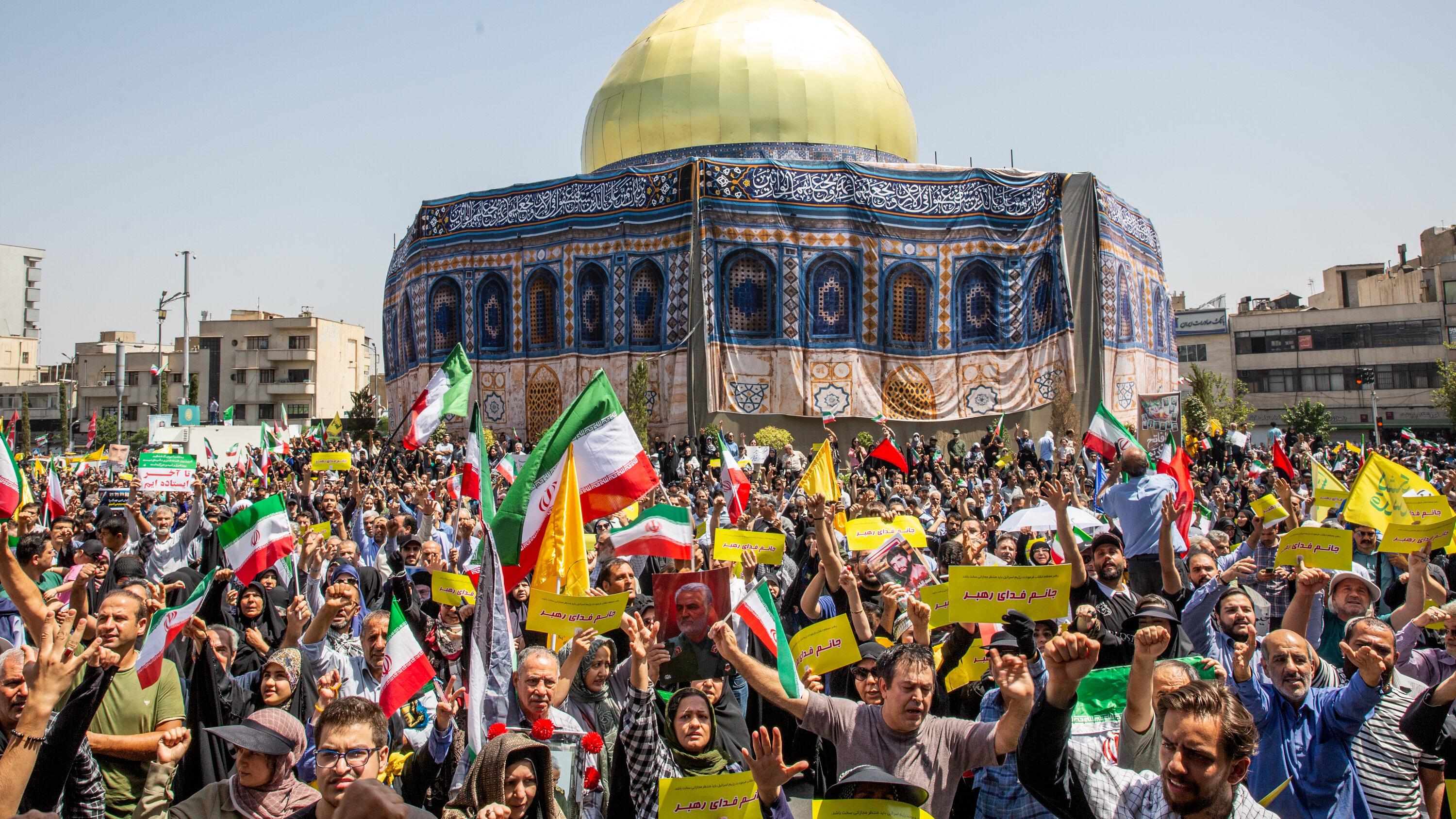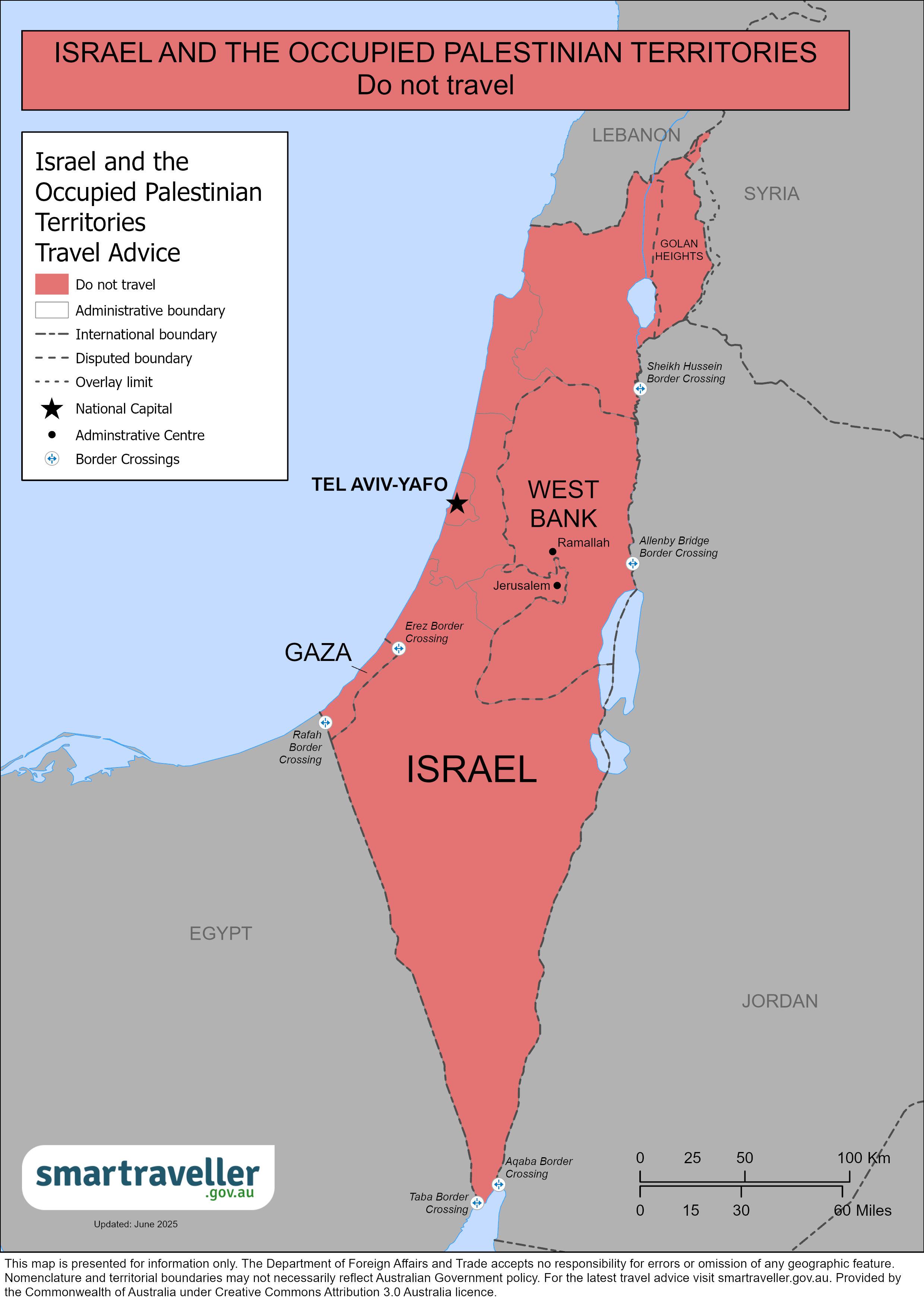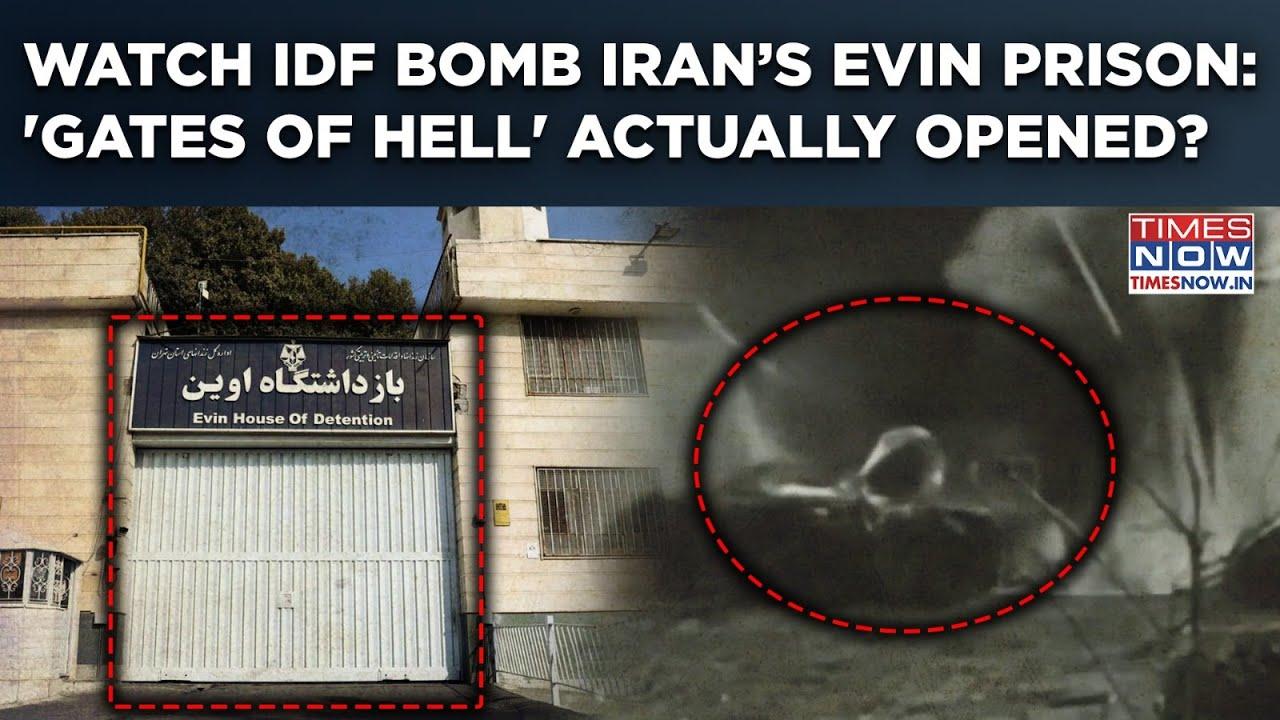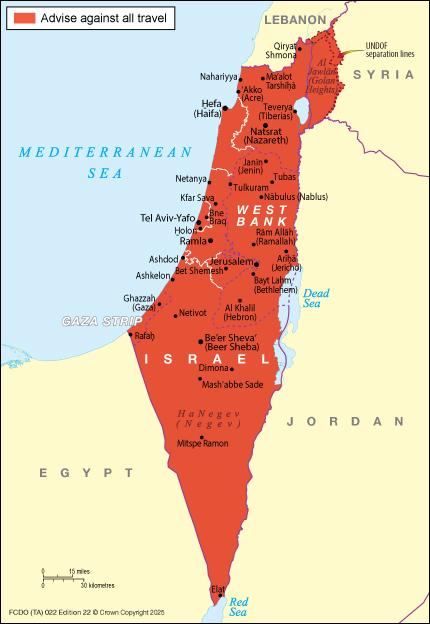Israel’s Strategic Attack on Tehran’s Evin Prison: Implications for Regional Security
The recent Israeli strikes on Tehran’s Evin prison and the access routes to the Fordo facility mark a significant escalation in the ongoing tensions between Israel and Iran. This operation, aimed primarily at disrupting Iran’s nuclear ambitions, raises critical questions about the broader implications for regional security. Analysts suggest that these actions not only reflect Israel’s intent to thwart potential threats but also serve as a message to various stakeholders in the Middle East, emphasizing the necessity of preemptive measures in countering perceived Iranian aggression. The focus on strategic targets signifies Israel’s commitment to maintaining a robust defense posture in the face of an evolving security landscape.
Moreover,the strikes are likely to provoke a range of responses from Iran and its proxies throughout the region. Potential retaliatory actions could initiate a cycle of violence, destabilizing areas already fraught with conflict. The international community must grapple with the ramifications of these developments, as they could influence diplomatic efforts aimed at preventing nuclear proliferation and exacerbating existing rivalries within the region. Key factors to consider include:
- Heightened military readiness among Iran and its allies.
- Impact on negotiations surrounding the nuclear deal and regional diplomacy.
- Increased support for proxy groups engaged against Israeli interests.
As tensions escalate,the landscape of Middle Eastern geopolitics hangs in the balance,underscoring the need for strategic dialog and de-escalation efforts on all sides.

Understanding the Significance of the Fordo Access Routes in the Context of Israel-Iran Tensions
The recent military actions reported by Israel, targeting key facilities in Tehran, have reinvigorated discussions surrounding the significance of the Fordo access routes amid growing tensions between Israel and Iran. The Fordo site, a fortified nuclear facility hidden within a mountain, is critical to Iran’s nuclear ambitions, enabling the enrichment of uranium beneath layers of protection. By striking these access routes, Israel aims to heighten pressure on Iran’s nuclear progression while together signaling its commitment to countering perceived existential threats. the intricate geography of the region plays a crucial role in the effectiveness of such operations, where accessibility can dictate success or failure.
Moreover, the implications of these strikes extend beyond military objectives, reflecting a strategic calculus about regional dominance and influence. The potential of these actions prompting further escalation raises concerns among other nations,emphasizing the fragility of stability in the middle East. among the significant takeaways are:
- Geopolitical Stability: Disrupting key infrastructures could destabilize Iran’s nuclear program while recalibrating power dynamics in the region.
- international Reactions: Such operations may invoke responses from other global powers, complicating an already tense diplomatic landscape.
- Security Strategies: Israel’s tactical approaches underscore its broader defense strategy against adversaries and reinforce its readiness to engage in preemptive actions to safeguard national security.

Analyzing the Operational Objectives Behind Israel’s Military Actions in Iran
The recent military actions undertaken by israel highlight a complex tapestry of operational objectives focused on undermining Iran’s strategic capabilities. By targeting Tehran’s Evin prison and the access routes to the Fordo nuclear facility, Israel aims to achieve several critical outcomes that align with its broader national security strategy. these actions can be analyzed through various lenses, including:
- Disruption of Nuclear Development: Striking the Fordo facility serves the purpose of hindering Iran’s nuclear ambitions, notably its ability to enrich uranium.
- Intelligence Operations: Targeting specific locations like Evin prison may be a tactic to disrupt intelligence operations and contain the flow of information that could benefit potential adversaries.
- Deterrence: By demonstrating its military capabilities, Israel sends a clear message to Iran and its allies, reinforcing its position in the region and deterring future aggressions.
- Internal Instability: Targeting critical infrastructure could also incite unrest within iran, potentially destabilizing the regime and fostering an environment conducive to change.
Furthermore, these actions come amid heightened tensions and ongoing negotiations regarding Iran’s nuclear program. The timing of such military strikes indicates a calculated approach by Israel seeking to influence diplomatic discussions while also positioning itself as a key player in regional security. The implications extend beyond immediate military objectives; they reflect Israel’s broader strategic vision, which prioritizes preemptive measures to address perceived existential threats. As these operations unfold, observing the responses from Iran and the global community will be crucial in gauging the long-term impact on stability and security in the Middle East.

Recommendations for Countering Escalation: Diplomatic Solutions and security partnerships in the Region
In light of recent military actions and tensions surrounding Iran’s nuclear facilities and prison systems, there is a pressing need for strategic diplomatic initiatives to prevent further escalation. Engaging in continuous dialogue among nations can foster mutual understanding and alleviate fears that drive hostility. Key diplomatic strategies could include:
- Establishing communication channels to diffuse emerging crises before they escalate into armed confrontations.
- Organizing multilateral talks involving regional powers and global stakeholders to discuss security concerns and build confidence.
- Encouraging clear negotiations regarding nuclear capabilities to openly address fears about proliferation.
Furthermore, enhancing security partnerships within the region can provide a robust framework for collective defense and stability. Collaborative measures can deter aggression while simultaneously fostering a sense of shared obligation among nations in the area. Important components of such security partnerships may encompass:
- Joint military exercises to strengthen interoperability and readiness among allied forces.
- Intelligence-sharing agreements that enable nations to collaboratively monitor threats and respond efficiently.
- Economic and technological cooperation to bolster defense capabilities without escalating arms races.
